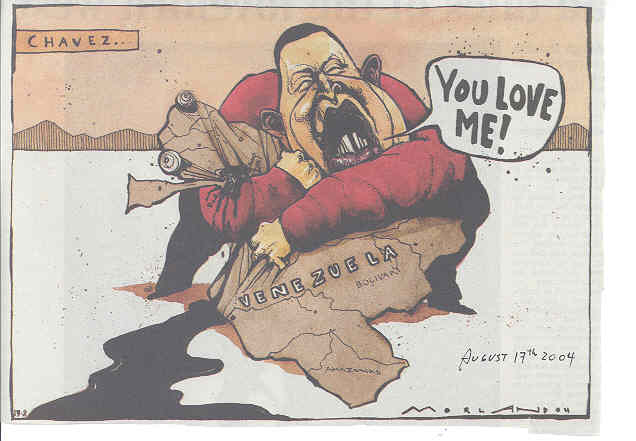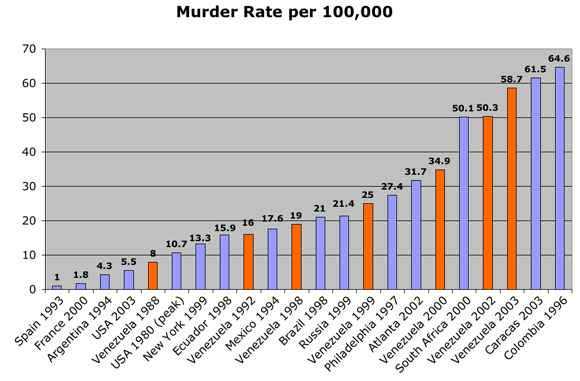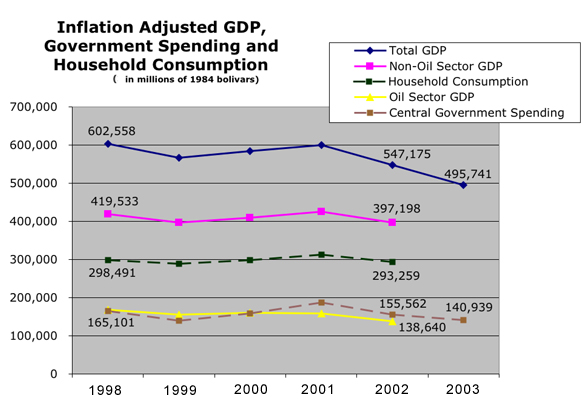Perugia is a cosmopolitan place. Thanks to the charmingly named University for Foreigners - where I first learned Italian in 2001 - the medieval city center is crawling with students from every part of the globe. Small and innately sociable, the city lends itself to amazing interchanges.
A few nights ago, I got invited to dinner at a friend's house. The dinner party was made up of eight people including three Italians, a Moroccan carpet salesman, an Ethiopian-Italian college student, a Cuban exile, a Lebanese poet and myself.
Our host was Farouk, the Moroccan guy, who is 36 but has lived in Italy for 16 years. He's pretty much Italianized by now; it shows in the way he cooks. I sat between him and Alicia, the Cuban exile, who is 30, and managed to leave the island just two years ago, after eight years of trying.
After the fetuccini with cherry tomatoes, ricotta and basil, Farouk brings out the piece de resistance: a frittata (a dry omelette) covered in truffle paste. Truffles are the quintessential Umbrian specialty - the black variety grows in the hills beyond Perugia more plentifully than in any other part of Italy. Everyone around the tables looked at the bits of mushroom in wonderment - but Alicia, well, she just saw the eggs. "A tortilla! Great!"
Farouk looked at her slightly quizzically. The eggs, of course, are just there to carry the flavor of the mushroom as unobtrusively as possible. She caught his glance and blushed, sensing the faux pas. A few glasses of wine later, she explained.
"I'm sorry if I dissed your truffles, Farouk, they really were delicious. But see, well...here in Italy a frittata is just something you take for granted. What could be simpler? It's just eggs! But for me, well, you know, I've only been in Europe for a little over a year...and eggs, man, part of me still sees them as a luxury."
Now it's Farouk's turn to look puzzled.
"See, in Cuba everyone has this, how do you say it? It's like a rationing booklet. You get the food that the government gives you to eat, no more. If you want more, you have to have connections or dollars. And, well, you know how many eggs there are in the ration? Guess."
"No idea."
"Four."
"Per family per day?" Farouk asks.
"What are you talking about? Four per person, per month."
Farouk looks shocked. "Four eggs a month?"
Alicia smiles, and flashes four fingers up in the air.
"If you want a fifth?"
"Erm, well, unless you're friends with a party big wig, you basically have to sleep with a tourist to get the dollars to buy it."
"You're joking?"
"That's how it is, man. In fact, a good chunk of the reason I wanted to get out so badly is that I love omelettes and I refused to sleep with random French truck drivers just to eat them more than once every two weeks."
"And meat?"
"Meat? Man, Farouk, you can make a Cuban cry talking about this. Listen, when I came here it had been three years since I'd seen a chicken in a plate in front of me. Chicken is no longer in the ration books, at all. Hospital patients get some, a chicken thigh once every two weeks. They marvel at it before eating it. If you're healthy, no chicken."
"No meat at all?"
"We do have picadillo, which is this kind of, God, how to describe it? It's about 60% ground up meat, but you know, really the worst parts of the cow, all the crap, the innards and such. The other 40% is industrial soy protein. Comes in little tin cans, tastes like barf. That's the only meat Cubans can eat, unless they get sick or spread their legs."
Long silence.
Farouk turns to Alicia, looking sheepish. "Are you sure you wouldn't like some more frittata?"
------------
Since Alicia's been abroad for over a year, her passport has expired and, because she overstayed her exit visa, she's considered a deserter and cannot renew it. In effect, she is stateless.
It took her 8 years of applying for various study-abroad programs to finally get a chance to leave. When she finally managed to get out in 2002, she left her whole family behind. Her father is a low level communist party official, a fidelista. Alicia can't apply for Political Asylum in Italy because if she did he would be fired and blacklisted, and her entire family would sink even deeper into poverty. At least, through her dad's job, they can get a few extras that they couldn't get otherwise - shoes and such.
"The incredible thing is that my dad still believes in Fidel, he really does. He hasn't seen a chicken breast since the 1980s but he still thinks the revolution is the way forward."
"Capitalism spreads wealth unevenly," I tell her, "whereas communism spreads misery evenly. Winston Churchill."
She laughs. "That's pretty much it. You know, it's funny, whenever I meet people here and they hear where I'm from, the first thing they say, almost all of them is - oh, 'Cuba e bella!' And I don't know what's running through their heads as they say it, if it's Buena Vista Social Club or some idea about Che Guevara, or if they're just trying to be polite, or what. But when I hear that, I just want to shake my head and ask - 'so, do you like frittata?' "
-----------
Talking to Alicia about Venezuela is an education of its own. She can't quite wrap her head around the politics in Caracas, in ways I find telling. She doesn't know whether to be horrified or amused when I tell her the number one criticism of Chavez in the opposition is that he's trying to "cubanize" Venezuela - even though 90% of the media spend 90% of their newscasts criticizing the government.
"So, wait, journalists write whatever they want against the government whenever they want, and nothing happens to them?"
"Well, not nothing. There's a bit of harassment. Sometimes hothead government supporters beat us up on the streets, steal cameras and such. TV journalists, especially, really have to be careful. Oh and threats, a lot of threats."
"But that's not what I mean. I mean do they go to jail? How about execution? Re-education?"
"No, no, none of that. There are a couple of journalists facing jail terms, but they're really the most extremist of antichavistas, and in fairness, I wouldn't doubt the libel charges against them. But yeah, there are dozens of papers and five TV stations, mostly with anti-government coverage morning noon and night."
She's visibly confused.
"But, but, but this is light years from Cuba!"
"I know!"
Silence.
"It's not a dictatorship at all!"
"Well, that's the strange thing about Venezuela, Alicia: it's obviously not a dictatorship in any traditional sense of the word. But it's also not a democracy in any traditional sense of the word. It's...well, it's weird. It's in a strange liminal space between the two."
"How so?"
"Well, if you actually listen to the official rhetoric coming out of Miraflores, well, that's rhetoric you would recognize. According to the official story, there is no problem in Venezuela that is not the US's fault. The opposition is, as far as Chavez is concerned, merely a mouthpiece for the US. There's no such thing as legitimate dissent, because all dissenters become, ipso facto, suspect of collusion with the Americans. Notionally, at least, Chavez recognizes no such thing as legitimate dissent. Calls us escualidos, y'know."
"Yeah, well, we're gusanos."
"Right. Same thing. Exact same rhetoric. This is not coincidental, you know Alicia, every time Chavez needs any kind of advice he calls Fidel. There are multiple reports going around that Chavez only turned himself over on the night of the 2002 coup after a chat with Tio Fidel. We subsidize oil shipments to the island, Chavez praises Fidel to high heaven every chance he gets, never misses a chance for a nice photo-op with him, obviously sees him as a role model. This scares the hell out of people in Caracas - and scaring the hell out of us seems to be the point."
"Creepy. It's hard to quite figure how the two sides fit together. Perro que ladra no muerde, I guess."
"Por ahora no muerde, is the thing. I mean, it's very obvious, you only need to click through the channels on Venezuelan TV for five minutes in the morning to realize the country is, in some ways, riotously, impossibly free, even libertine. I mean, the TV especially really does go way too far in criticizing the guy. But the words that come out of Chavez whenever he speaks are so sectarian, so extreme, so meant to divide and scare and intimidate, that we have to wonder how long before we start parading off to jail. Already my mayor and about 18 other politicians are sitting behind bars on very silly trumped up charges. Will it stop there? Will it grow? We have no way to know."
"You have a long ways to fall before you get to where Cuba is, though," she says.
"No doubt about it. I'm pretty sure most Venezuelans eat more than four eggs a month. But then you barely have any violent crime, we can't go out without fearing for our lives."
"Incredible! Fidel would never put up with that kind of stuff."
"See, we don't even get the benefits of authoritarianism with Chavez. A revolutionary government with the world's second highest murder rate! It's unbelievable!"
"Por dios...but I have to say, from what you're telling me, doesn't sound like there's very much cubanization going on at all in Venezuela."
"It's hard to put your finger on it. In some ways you're obviously right. But the thing is that when you have a leader that doesn't recognize that it is normal and proper for others to disagree with him, who seeks social conflict as an end in itself, who believes the problems of the country are intimately bound up with the fact that the elite participates in politics and sees the elite's expulsion from the political process as the solution, when you live under a leadership that doesn't allow dissenters to participate in intramural softball tournaments at their ministries, when sectarianism is state policy...well, yes Alicia, obviously we're way far away from where Cuba is now. But what direction are we moving in? Where does the logic of their ideas point to?"
Silence.







